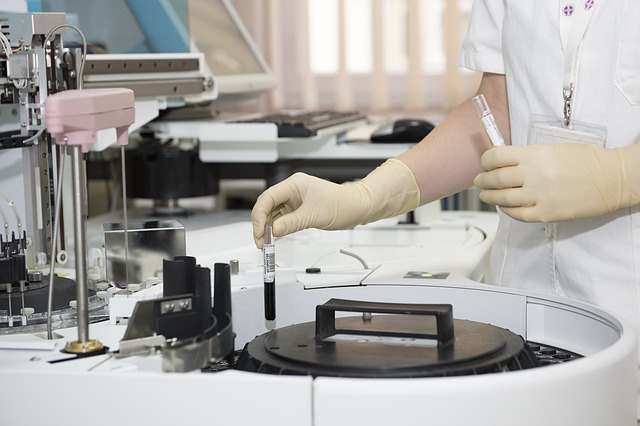– Contributed content –
11 Dec. 2018. A lab is a very different experience from any other workplace. For one thing, it’s a much more delicate and specialized environment, which means things like risk factors are going to be a whole lot more significant. Not only that but it’s the kind of place that, if something were to go wrong, it can cause serious problems. In an office, if someone makes a mistake then that might be an inconvenience, in a lab, it could spell complete and total disaster. With that in mind, here are some things that you can do in order to keep your lab running smoothly.
Focus on the details
This is something that applies to just about any place of work but it’s especially important to a lab: you need to be able to focus in on the little details. This is everything from making sure that all of the small but important jobs are dealt with to ensuring that the lab is arranged in such a way that everyone can work as easily as possible without climbing over each other or struggling to reach things that they really need.
Keep your equipment up-to-date
Without fully functioning equipment, your lab could well just be an empty room. It’s the equipment that keeps it actually functions. This is everything from simple and obvious things like beakers and computers, to more specialized equipment like density meters. You can find more information on density measurement here. The key is to remember what the specific needs of your lab are. If you don’t have some essential piece of equipment that you really need, it’s going to bring your entire lab to a complete and total grinding halt.
Make sure everyone knows what they are doing
As important as the equipment in your lab might be, it’s not going to be good for anything if there’s no one there who knows how to use it. Because of that, you need to make sure that everyone in your lab knows exactly what they’re doing at all times. This includes you. From training with new equipment to keeping the fundamentals of your discipline in your mind at all times, if you don’t know what you’re doing then at best you’re going to be in the way and at worst you could end up causing some serious problems for yourself and everyone else.
Of course, if you’re constantly obsessing over every little thing then it’s going to be pretty hard to get anything done. The key is to find a balance between that and ignoring important things and making mistakes. The important thing about these three steps is that they allow you to reach a point where your lab is running a like a well-oiled machine without you having to spend all of your time thinking about it. Sure, an attention to detail and a focus on the right way to solve problems is essential, but if you’re up at night worrying about your lab, you might be doing something wrong.
* * *


 RSS - Posts
RSS - Posts
You must be logged in to post a comment.